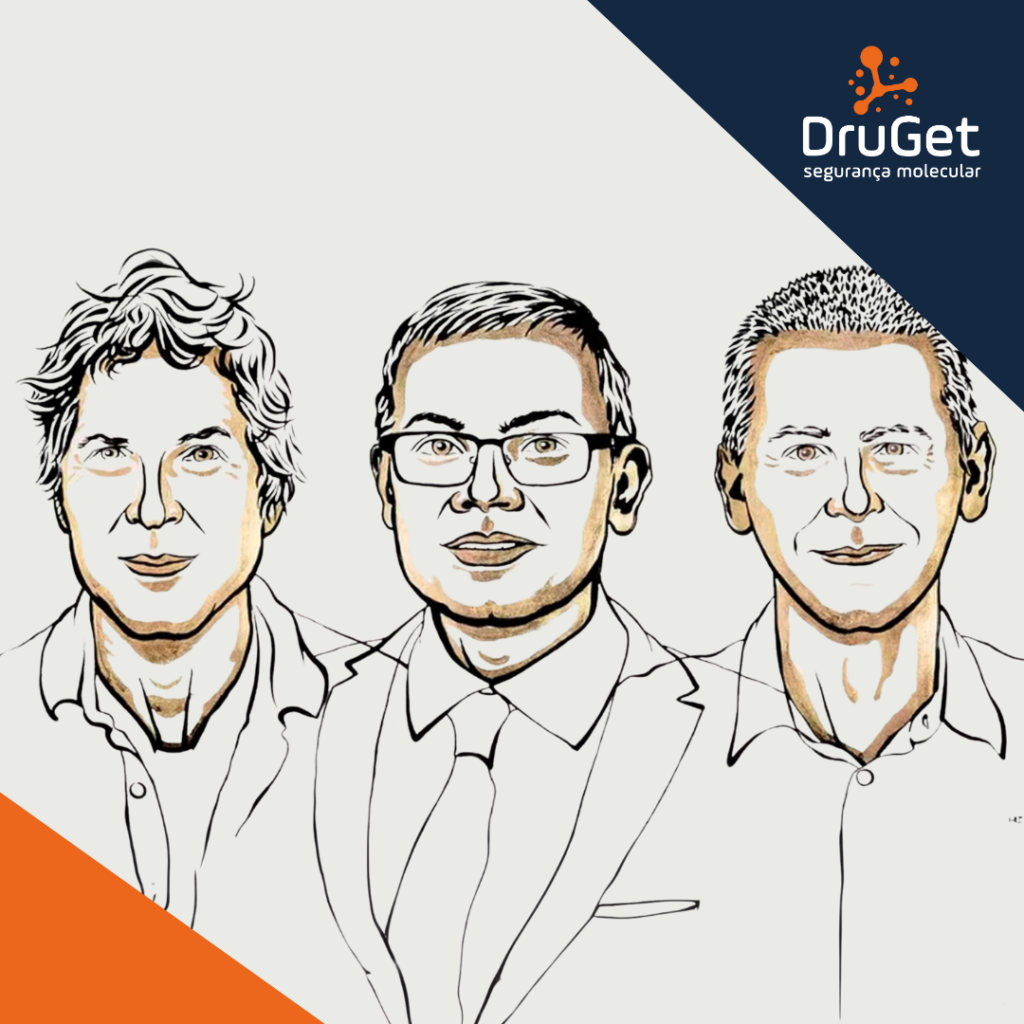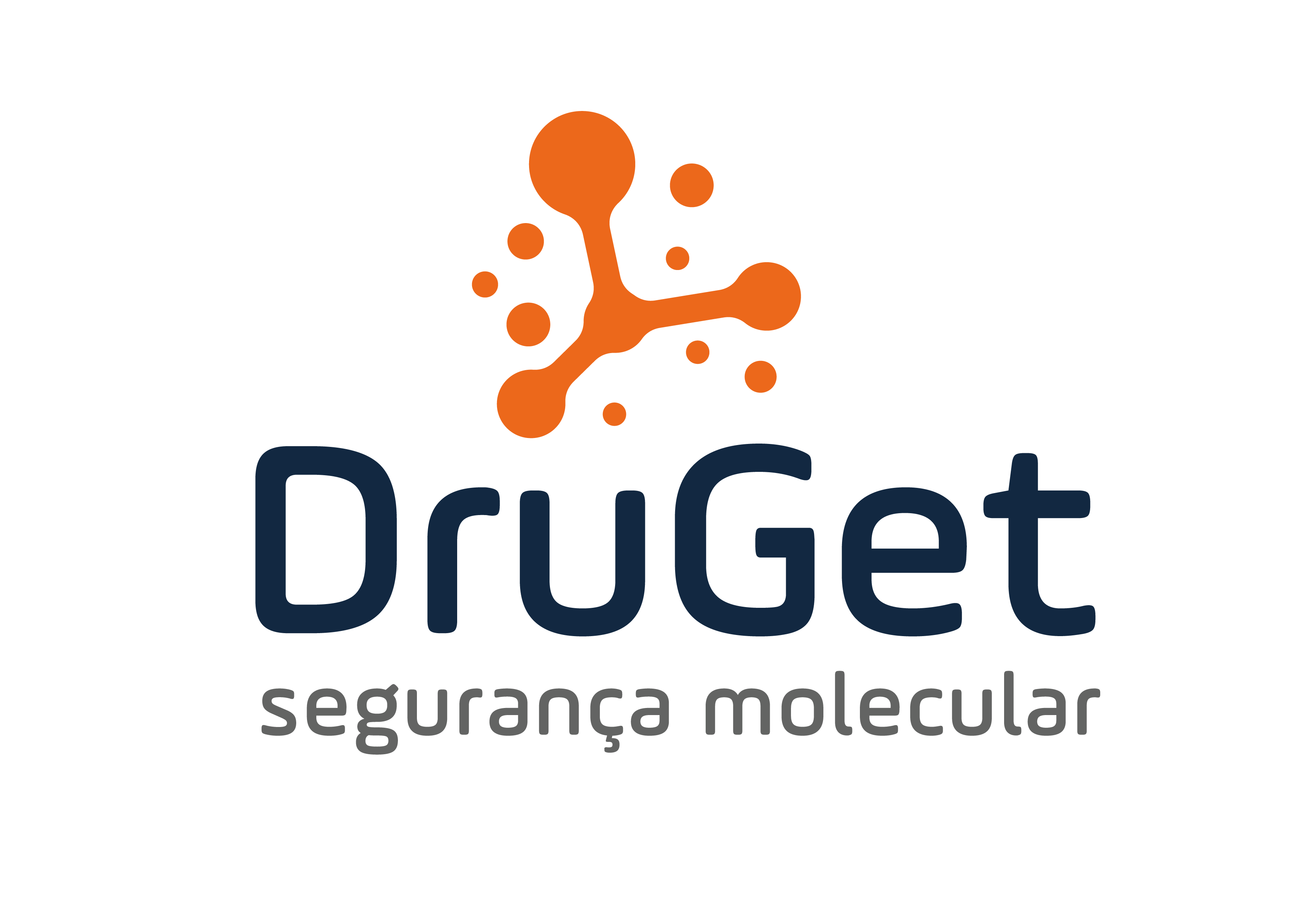Introduction
On October 9, 2024, the world celebrated a true scientific revolution. The Nobel Prize in Chemistry was awarded to David Baker, Demis Hassabis, and John M. Jumper for their groundbreaking work with AlphaFold2, an artificial intelligence tool that has solved one of science’s greatest mysteries: predicting the three-dimensional structure of proteins. This achievement not only marks a milestone in molecular biology but also transforms fields such as drug development and biotechnology.
What is AlphaFold2?
AlphaFold2, developed by DeepMind in collaboration with the University of Washington, is an AI model that resolves a challenge over 50 years old. It accurately predicts the three-dimensional shape proteins take based on their amino acid sequences.
How Does It Work?
To achieve these results, AlphaFold2 uses deep learning algorithms to analyze vast databases of known proteins. Additionally, it considers the chemical and physical interactions between amino acids, generating highly accurate predictions. This allows scientists to better understand how proteins fold and perform their biological functions.
Why is AlphaFold2 Revolutionary?
- Accelerating Scientific Discovery
First and foremost, AlphaFold2 provides a practical solution to one of molecular biology’s biggest challenges. Before its creation, determining protein structures required years of experimental work in the laboratory. Now, scientists can access this information within days, optimizing time and resources. - Advancing Drug Development
Moreover, by predicting critical protein structures, AI facilitates the development of targeted treatments and more effective vaccines. Consequently, this represents a significant leap for personalized medicine, benefiting patients worldwide. - Impacts on Biotechnology
Another important point is AlphaFold2’s impact on biotechnology. With this tool, designing proteins for specific purposes becomes a reality. In this way, it is possible to create everything from enzymes for industrial applications to innovative vaccines, transforming sectors such as agriculture and healthcare. - Understanding Complex Diseases
Finally, AlphaFold2 plays a crucial role in understanding diseases like Alzheimer’s and cancer, which are linked to misfolded proteins. Through this technology, researchers can uncover the mechanisms behind these conditions, aiding the development of more efficient and accessible therapies.
Conclusion: A Promising Future with AlphaFold2
In summary, the recognition of David Baker, Demis Hassabis, and John M. Jumper with the 2024 Nobel Prize in Chemistry is not just a scientific milestone. It heralds profound changes in healthcare and biotechnology. Thus, as we continue to explore the applications of AlphaFold2, the possibilities for scientific advancements and innovative therapies become endless.
Therefore, we congratulate the laureates on this historic achievement, shaping the future of science in a truly transformative way!







